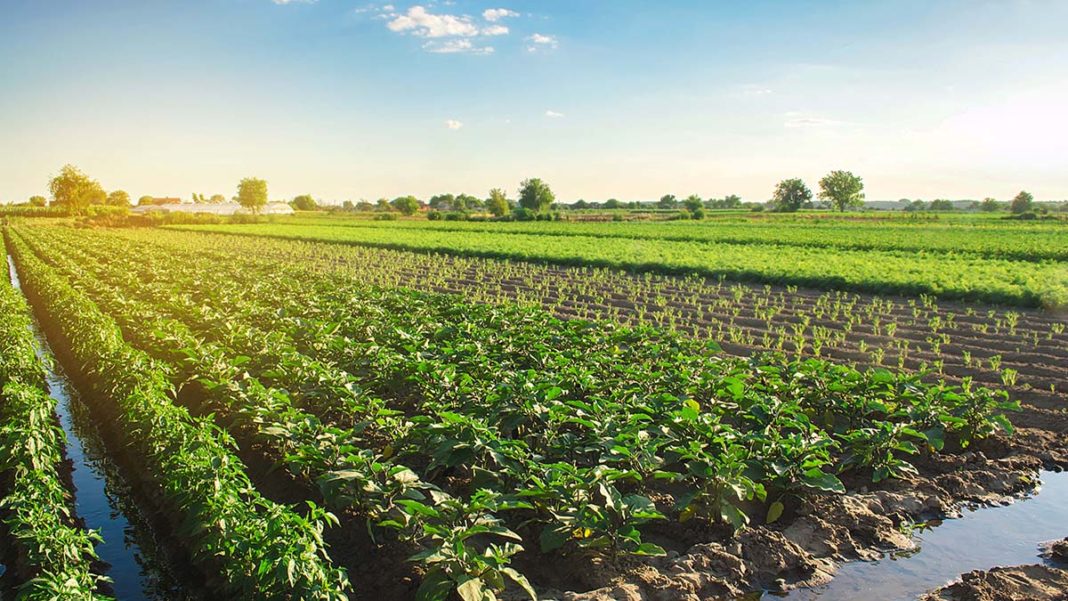by Maureen Strickland,
Local Journalism Initiative Reporter
MANITOULIN—Over 30 members of the Manitoulin Nature Club (MNC) hopped on Zoom Friday evening March 31 to talk soil and regionally adapted seeds with Peggy Baillie, co-owner of Three Forks Farms.
Ms. Baillie was introduced by MNC member Rick Peterson who noted that besides being known for organic vegetable and chicken, “They (Three Forks Farms) have a huge track record of supporting other local businesses, doing educational events and you can get advice on organic farming from them when you stop by the on-farm shop or markets.”
Ms. Baillie said her goal for the presentation was to tell those attending what Three Forks Farms does, talk about organic agriculture and explain how organic agriculture has the power to impact the environment.
Her hope is that everyone will learn a bit more about “agriculture, seeds and ecology.”
Three Forks Farm is certified organic and Ms. Baillie explained the Canadian Organic Certification in detail.
The Canadian Organic certification system is very robust and provides management guidelines for each type of crop along with a list of permitted substances.
Three Forks Farms is audited by a third party annually. This includes a review of records they are required to keep on every component of production as well as sales records confirming they only sell what they produce.
Ms. Baillie pointed out that, “Ontario is one of the only provinces in the country that allows people to use the word organic, when they are not necessarily certified organic.”
Practicing organic agriculture is a way of improving things, not taking them away.
“We work along side nature to feed the planet,” said Ms. Baillie.
A big part of this approach is fostering soil health says Ms. Baillie, “If you feed the soil, the soil will feed you.”
The group learned that there is more happening under the surface of the soil, than above it, in the world of agriculture.
Three Forks Farms feeds their soil using a variety of methods.
They rotate pasture raised chickens over land that will eventually be used for growing crops. The chickens are nutrient dense through grazing on pasture and their manure fertilizes the soil.
Cover cropping is used to feed the soil as well as suppressing weeds, leading to a decreased need for soil inputs.
Three Forks Farms practices reduced tillage. “You don’t want to break up the healthy soil,” said Ms. Baillie. She advised that tillage should only be done two to four inches below the soil surface and no deeper than six inches.
Producing adapted seeds local to the region is also a key part of the regenerative agriculture work at Three Forks Farms and something that Ms. Baillie is clearly passionate about.
Ms. Baillie pointed out that “Canada produces under five percent of the seeds required to grow all the food that Canada produces.” Meaning, Canada imports 95 percent of the seeds planted in this country.
Ms. Baillie then gave examples. For instance, most cucumber seeds are imported from hot and dry California. These seeds are not adapted to Canada and do not thrive. To increase yield, inputs are required. By having regionally adapted seeds, specific to the climate the need for inputs to maximize yields is reduced.
Because of this Three Forks Farms is selecting plants through generations that are highly adapted to Manitoulin Island conditions to produce seeds that they use for their crops, but which are also sold locally.
Ms. Baillie is working on growing and adapting seeds for short season melons.
“People in Northern Ontario should have access to local melon,” said Ms. Baillie, while showing a slide of a juicy orange melon against a lush green field and clear blue skies.
Besides direct attention to the soil and adapted seeds as part of their organic and regenerative agriculture strategy, Three Forks also utilizes passive greenhouses for three season production and fosters the next generation of farmers.
“We do a lot of teaching on the farm, we want staff to understand why we do what we do, the way we do it,” says Ms. Baillie.
The Manitoulin Nature Club has a guest speaker at their monthly meetings.
The monthly meetings are for members only. You can become a member of the Manitoulin Nature Club by contacting ManitoulinNatureClub@gmail.com





